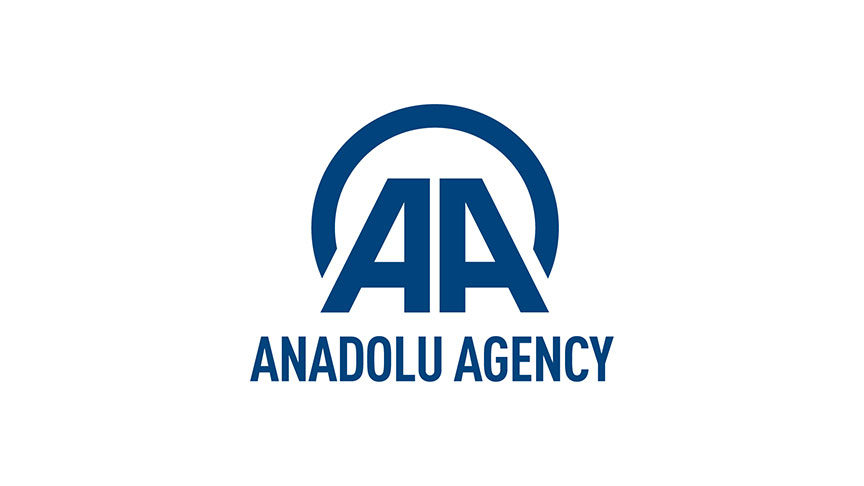-OPEC summit in Russia
The members of the Organization of the Petroleum Exporting Countries (OPEC) and non-OPEC countries, which also includes Russia, will gather in St. Petersburg on Monday to discuss the current state in global oil markets.
Data in June shows that OPEC countries failed to comply with the OPEC agreement on production cuts, raising the stakes for a resolution in the St. Petersburg summit.
While the exact figures vary, according to the report released by International Energy Agency, the compliance of OPEC countries to the production agreement has fallen to 78 percent. OPEC countries are obliged to reduce their production levels by 1.2 million barrels, while non-OPEC countries, such as Russia, are obliged to cut their production by 600,000 barrels per day.
Libya and Nigeria, which are exempted from the agreement, have increased their production in the last two months with a combined total of 600,000 barrels per day. This has created some downward pressure on oil prices. The energy ministers of both countries have been invited to the meeting in St. Petersburg, however, Nigeria’s minister announced that he would not attend.
To sum up, despite efforts from Saudi Arabia and Russia, without the support of important producers such as the U.S. and Canada, the OPEC deal is still far from creating a stable oil market.
-New sanctions against Russia
Allegations of Russia’s influence on the U.S. elections are still among the main topics in the U.S.
The latest development in this regard was the agreement between the Republicans and Democrats over new sanctions against Russia.
Sarah Huckabee-Sanders, who became the new White House spokeswoman, after Sean Spicer quit the position on Saturday, said that while Trump’s administration opposed the first version of the new sanctions, the final version was found satisfactory.
This final development shows that despite the positive view that Trump has on Russia, the U.S. Congress has no intentions of softening its stance anytime soon.


